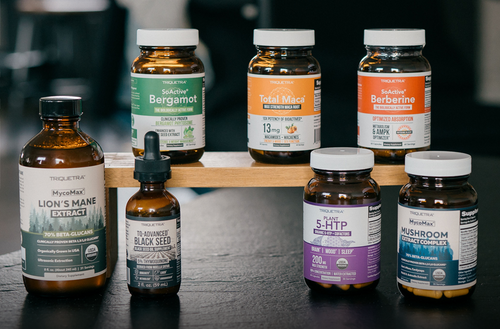
If you're looking to improve your microbiome, you should start by shopping at the farmer's market. Farmer's market produce is better for your gut than grocery store produce. In fact, a study published in the journal Frontiers in Microbiology found that people who ate mostly farmer's market produce had more diverse and beneficial gut bacteria than those who ate mostly grocery store produce.
So, what's the difference between farmer's market produce and grocery store produce? The main difference is in the way the produce is grown. Farmer's market produce is typically grown using organic methods, while grocery store produce is often grown using conventional methods. Conventional farming involves the use of pesticides and other chemicals, which can kill off beneficial gut bacteria. Organic farming, on the other hand, avoids the use of these harmful chemicals.
Another difference between farmer's market and grocery store produce is in the way it's transported. Farmer's market produce is typically transported shorter distances than grocery store produce. This means that it spends less time sitting in storage before it reaches your plate. And since gut bacteria are sensitive to oxygen and heat, this shorter transport time can help to preserve the beneficial bacteria in the produce.

So, if you're looking to improve your microbiome, make sure to head to the farmer's market instead of the grocery store. Your gut will thank you!
Do you typically buy your produce from the farmer's market or the grocery store? Let us know in the comments below!
If you enjoyed this article, please share it with your friends! And don't forget to follow us on Facebook and Twitter for more great tips for a healthy gut!











